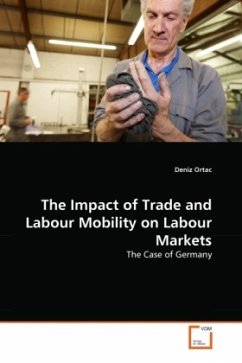
Broschiertes Buch
The Case of Germany
2010
VDM Verlag Dr. Müller

20,95 €
Sofort per Download lieferbar
eBook, PDF
13. März 2023
Edinburgh University Press
| Broschiertes Buch | 40,99 € | |
| Gebundenes Buch | 143,99 € | |
| eBook, ePUB | 20,95 € |
20,95 €
Sofort per Download lieferbar
eBook, ePUB
13. März 2023
Edinburgh University Press
Ähnliche Artikel
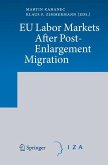
Gebundenes Buch
2010
4. November 2009
Springer / Springer Berlin Heidelberg / Springer, Berlin
12696482,978-3-642-02241-8
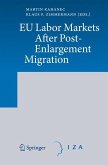
Broschiertes Buch
2010
12. Oktober 2014
Springer / Springer Berlin Heidelberg / Springer, Berlin
978-3-642-42451-9
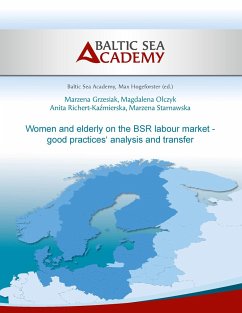
Broschiertes Buch
14. März 2014
Books on Demand
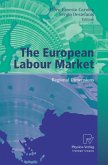
Gebundenes Buch
Regional Dimensions
2006
14. März 2006
Physica / Physica-Verlag / Physica-Verlag HD
11602552,978-3-7908-1679-2
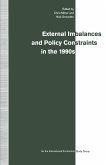
Broschiertes Buch
Papers of the Fifteenth Annual Conference of the International Study Group
1st ed. 1992
1. Januar 1992
Macmillan Education / Palgrave Macmillan UK / Springer Palgrave Macmillan
978-1-349-22455-5
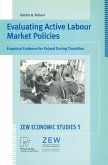
Broschiertes Buch
Empirical Evidence for Poland During Transition
1999.
29. Oktober 1999
Physica / Physica-Verlag / Physica-Verlag HD
978-3-7908-1234-3

Broschiertes Buch
An Intertemporal Study
1988.
9. November 1988
Springer / Springer Berlin Heidelberg / Springer, Berlin
978-3-540-50504-4
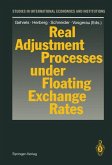
Broschiertes Buch
Softcover reprint of the original 1st ed. 1990
15. Dezember 2011
Springer / Springer Berlin Heidelberg / Springer, Berlin
978-3-642-84200-9
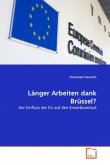
Broschiertes Buch
Der Einfluss der EU auf den Erwerbsverlauf
2011
VDM Verlag Dr. Müller
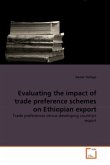
Broschiertes Buch
Trade preferences versus developing country's export
2011
VDM Verlag Dr. Müller
Ähnlichkeitssuche: Fact®Finder von OMIKRON
